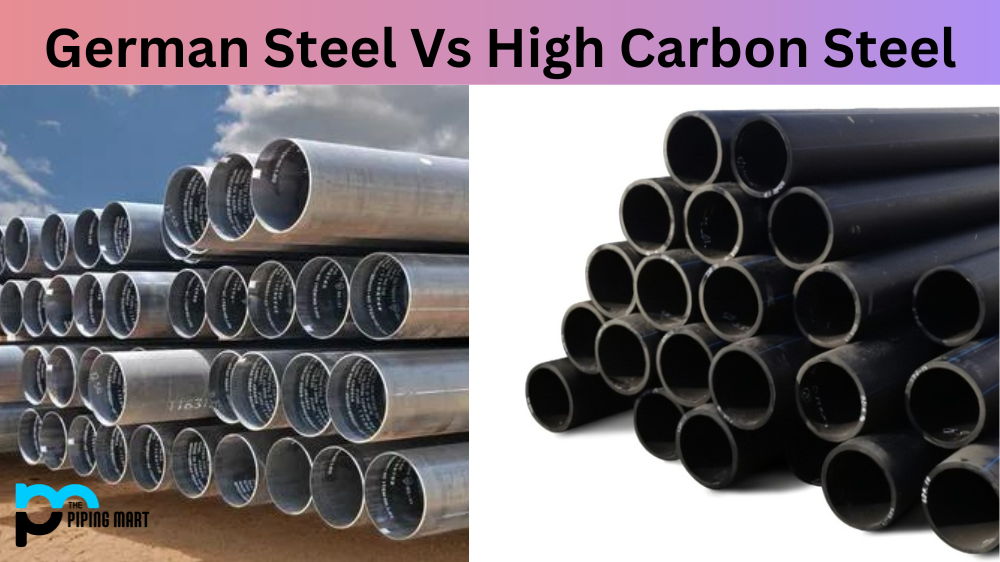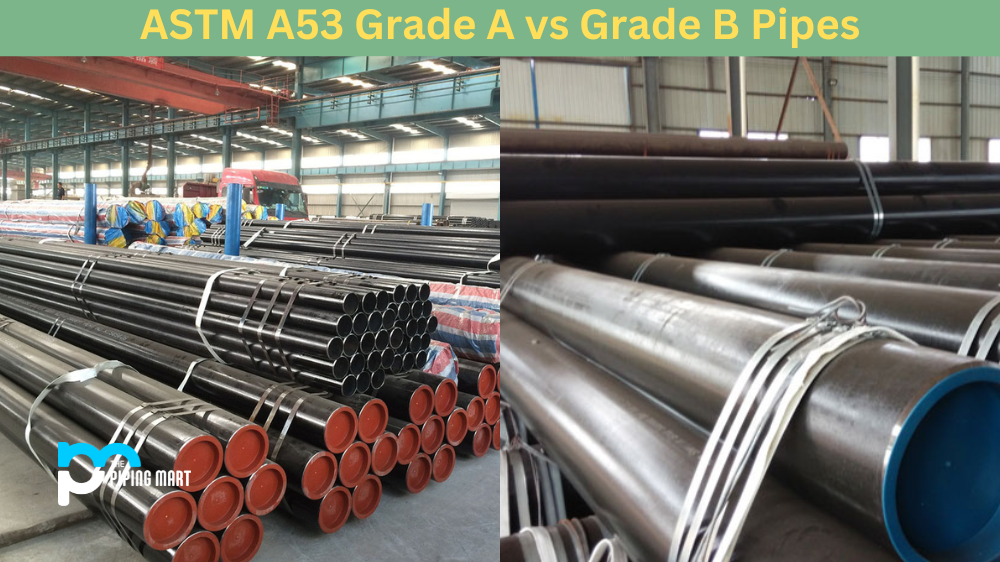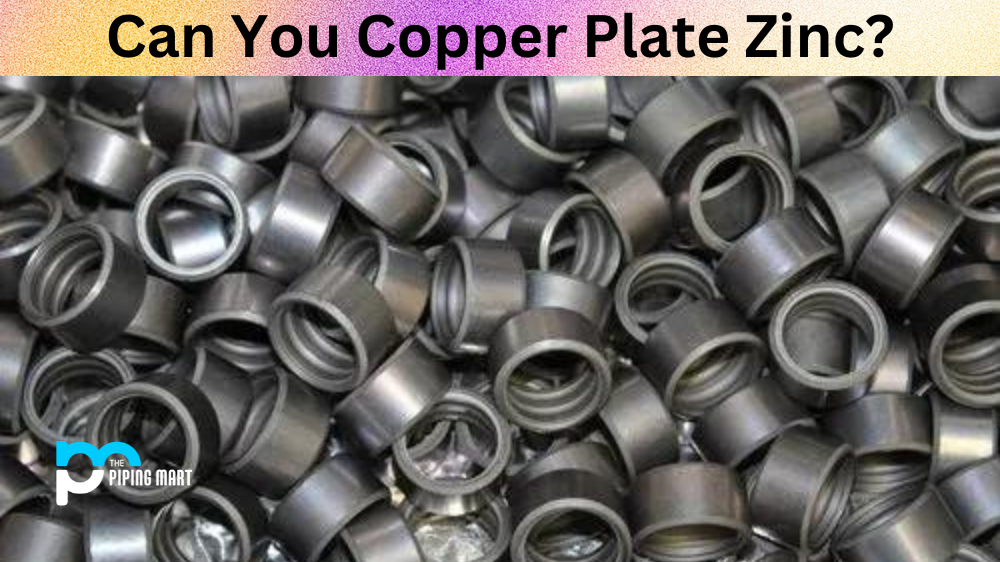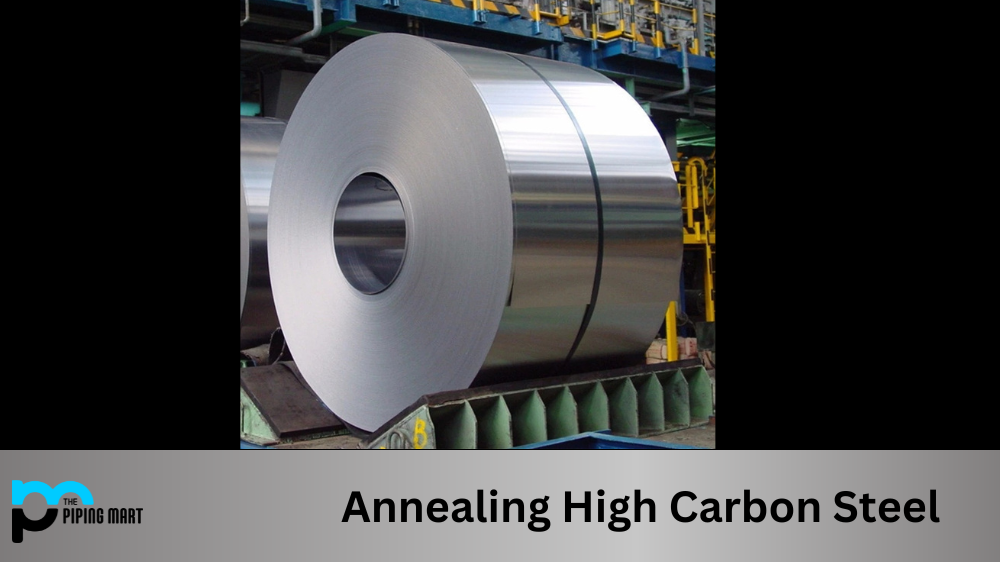German steel and high-carbon steel have a lot in common, but there are some critical differences between them. Knowing the differences between these two types of steel can help you choose the right one for your project. Let’s take a closer look at what sets them apart.
German Steel
German steel is known for its solid and durable properties. It comprises iron, chromium, nickel, molybdenum, and vanadium alloys that provide exceptional strength and stability. It also has excellent corrosion resistance due to its chrome content. German steel is ideal for knife blades and other tools that require a high level of toughness and durability.
High Carbon Steel
High-carbon steel contains more than 0.5% carbon compared to German steel, which has only about 0.3%. The higher carbon content makes it more challenging to work with because it increases brittleness and reduces impact resistance. This type of steel is excellent for applications where hardness or wear resistance is essential such as swords or shears, due to its improved edge retention capabilities.
German Steel Vs High Carbon Steel
- German steel is often considered to be some of the best in the world.
- German steel is typically made from high-quality materials.
- German steel is known for being durable and long-lasting.
- German steel is often more expensive than other types of steel.
- German steel is used in various applications, including knives, automotive parts, and construction materials.
Conclusion
German steel offers superior strength and corrosion resistance, while high carbon steel provides greater hardness and edge retention properties. When selecting the best option for your project, you’ll need to consider your application’s specific requirements and the cost associated with each type of material before making a decision. No matter which type of steel you choose, you can rest assured that either will provide robust performance in any given application if appropriately used.
Sakshee is a talented blogger, with a particular focus on the Business and Metal Industry. She is passionate about sharing her insights on various metal products and helping professionals to make a better decisions.




